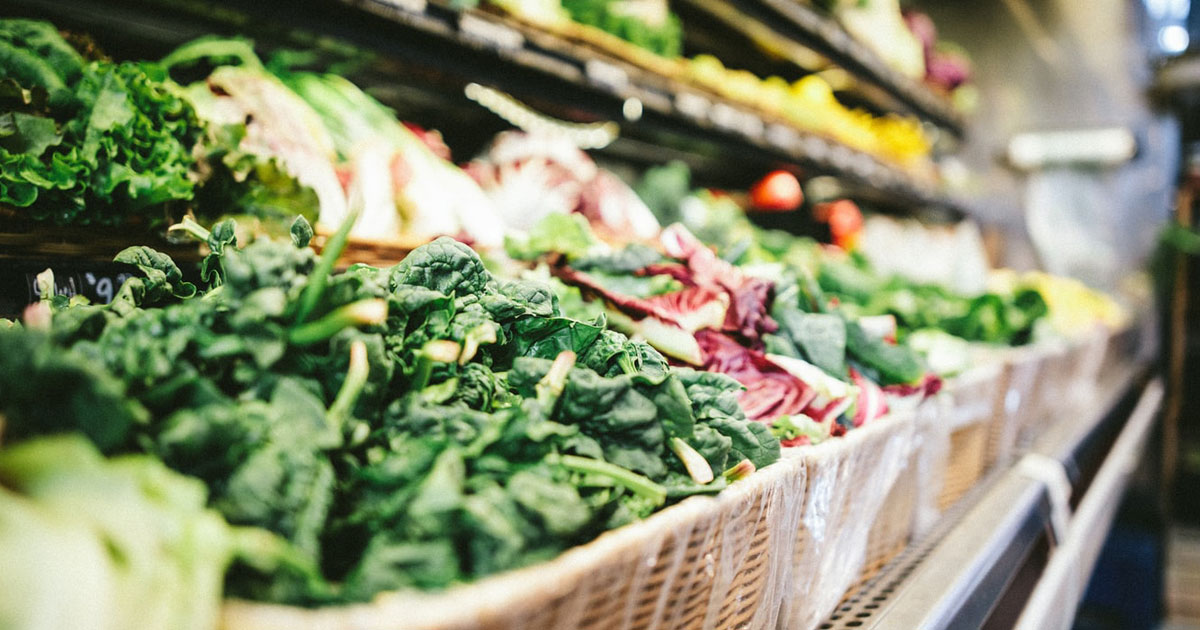According to verbraucherzentrale.de, in Germany alone, approximately 12 million tons of food end up in the trash each year - that's nearly 33,000 tons every day. On average, the final consumer discards about 75 kilograms of food per year. But food waste is also contributed by producers, agriculture, and commerce. It should be clear to everyone that wasteful handling of food has a negative impact on the environment and our resources. But did you also know that our behavior has serious consequences for the food supply in poorer countries?
Food Waste - 20,000,000,000 Euros Trashed
The value of food wasted solely from private households amounts to 20 billion euros per year. The disposal of food requires 480,000 semi-trailers.
The majority of discarded foods consist of fruits and vegetables (38%) and ready-made meals (25%). Bread and baked goods (16%) and dairy products (10%) together make up about a quarter. Meat and fish (5%) and other foods (6%) complete the list.
Impact of Food Waste on Environment & Resources
It shouldn't come as a surprise that production and transportation involve a significant amount of energy, water, and other resources. What's alarming, however, is that about 30 percent of globally available agricultural land is used unnecessarily, as all these foods end up in the trash without being consumed by us. Since climate-harming gases like CO2 are emitted during production, transportation, and disposal of food, global food waste also has a negative impact on our climate.
Globally, around one-third of all produced food ends up in the trash, amounting to 1.3 billion tons per year. While there's a veritable overproduction in Europe and other industrialized countries, poorer countries are suffering from undernourishment. One reason for this is that many local agricultural areas are used for food exports to higher-income countries. Additionally, the cultivation of animal feed and biofuels leads to a shortage of essential land that could otherwise be used to grow food for people.
Our food waste results in excessive overproduction. This, in turn, increases the demand for resources, causing prices of essential staple foods to rise significantly. Once again, the poorer countries are the ones most affected, as they can no longer afford these crucial basic food items.
Reasons for Food Waste
According to Welthungerhilfe, there are three main reasons responsible for high food waste. The lion's share of 58% is attributed to shelf life issues - or more precisely, the lack of knowledge about terms like best before date and use by date (more on this shortly). 21% is due to overestimated portion sizes, and 12% results from incorrect quantity planning during shopping.
Best Before Date, Use By Date - What's the Difference?
Unfortunately, there's still some need for clarification regarding the terms mentioned above. That's why we'd like to explain these terms a bit more. The best before date (or simply "best before") is often mistaken for an expiration date, but it's actually more like a marker. The best before date indicates until when an unopened food product (when properly stored) is guaranteed to be safe to consume. This includes typical qualities like taste, color, or nutritional value. Foods aren't automatically spoiled just because the best before date has passed. In most cases, these products are still safe to eat. You can easily determine if "expired" foods are still okay or should be discarded. Examine the foods closely, smell them, or even try a little bit. Only if the product smells, tastes, or looks unusual, you should avoid consuming it. In many instances, foods with expired best before dates can still be eaten without issues, sometimes even weeks after the best before date has passed.
It's a bit different with the use by date. Products labeled with "use by" should be consumed well before the use by date. Use by dates are usually found on perishable items such as:
- Ground meat
- Fresh meat products
- Smoked fish
- Delicatessen salads
- Pre-cut salads
When the use by date is exceeded, the product cannot be sold anymore (unlike with an expired best before date) and should not be consumed. It belongs in the trash.
It's similar with American foods. There, you'll find terms like "enjoy by," "best by," "best before," or "use by." While the last one can be equated with the German use by date, the other three terms essentially have the same meaning as the best before date. Products marked with "use by" should be consumed by the date printed on the product. Foods labeled with the other formulations are often still edible after the respective date has passed.
11 Tips to Reduce Food Waste
Each of us disposes of about 230 euros' worth of food per year on average. With more conscious handling, we can not only protect the environment and our climate but also save money. We've summarized some points for you on how to counteract food waste at home and while shopping, helping you avoid approximately two-thirds of food waste.
Properly Plan Your Shopping
Before rushing to the supermarket, check what groceries you still have in the fridge or in stock. It unfortunately happens quite often that existing products are forgotten, leading us to buy them again.
Don't Shop Hungry
When we're hungry, we tend to buy much more than we actually need. So, try to avoid impulsive purchases triggered by hunger. Our tip: Have a glass of warm tap water before shopping. It suppresses the feeling of hunger.
Take Leftovers to Work
If you've cooked and there's still plenty left, take a portion to work. This way, you won't have to worry about lunch for the next day.
Store Food Properly
Not all products belong in the fridge. Learn about the proper storage of products - it extends the shelf life of food. Additionally, clean your fridge and pantry regularly to prevent bacteria from affecting food quickly.
Freeze Food
Many foods can be frozen easily and are thus preserved for several weeks or months. Do you have products you don't need right now? Into the freezer they go!
Avoid XL Packs and Special Offers
We often reach for special offers like "buy three, get one free" or XL packs. But at the end of the day, we usually end up wasting some because we couldn't finish everything. Those who shop consciously and don't get swayed by supposed bargains ultimately save money too.
Cook Meals from Leftovers
If you only have small amounts of certain foods left, think about how you can incorporate leftovers into dishes. Be creative!
Best Before Date and Use By Date
As mentioned earlier, products whose best before date has passed are not necessarily bad. Use all your senses (sight, smell, taste) to determine if the particular food can still be consumed. In most cases, the food is still good. You might be surprised!
Buy Products with Short Best Before Dates and Use By Dates
Already know what you want to cook today or tomorrow? Even better, you can consciously choose foods with short best before dates or use by dates when shopping, as these products will be used soon anyway.
Make Use of Damaged Fruits and Vegetables
Despite proper storage, fruits and vegetables can develop bruises over time. However, this is not a reason to discard the food. When you notice bruises, you should use the produce soon before it starts to mold. Bruises can also be cut away.
Process Overripe Fruits
If your strawberries have been neglected and you don't want to eat them anymore, no problem! You can confidently turn overripe fruit into compote, jam, or use them in cakes.
Everyone Can Contribute to Reducing Food Waste
We've provided you with some tips and methods on how you, as a consumer, can largely reduce food waste. However, if you recall from the beginning of the article, aside from consumers, retailers, manufacturers, and agriculture are also responsible for food waste.
At American Heritage - as a retailer - we also want to counteract waste and contribute in a small way. Foods with short remaining shelf life are significantly reduced in price so that most products still find a buyer. Additionally, we support Food Saver projects by donating food to food banks or social shops.
When trade, consumers, manufacturers, and agriculture work together and start to appreciate food a bit more, we are on the right track.




